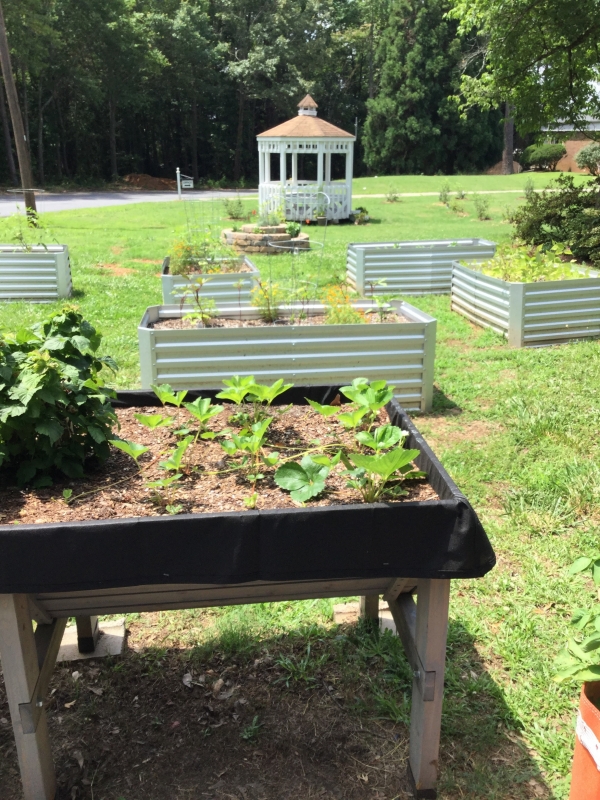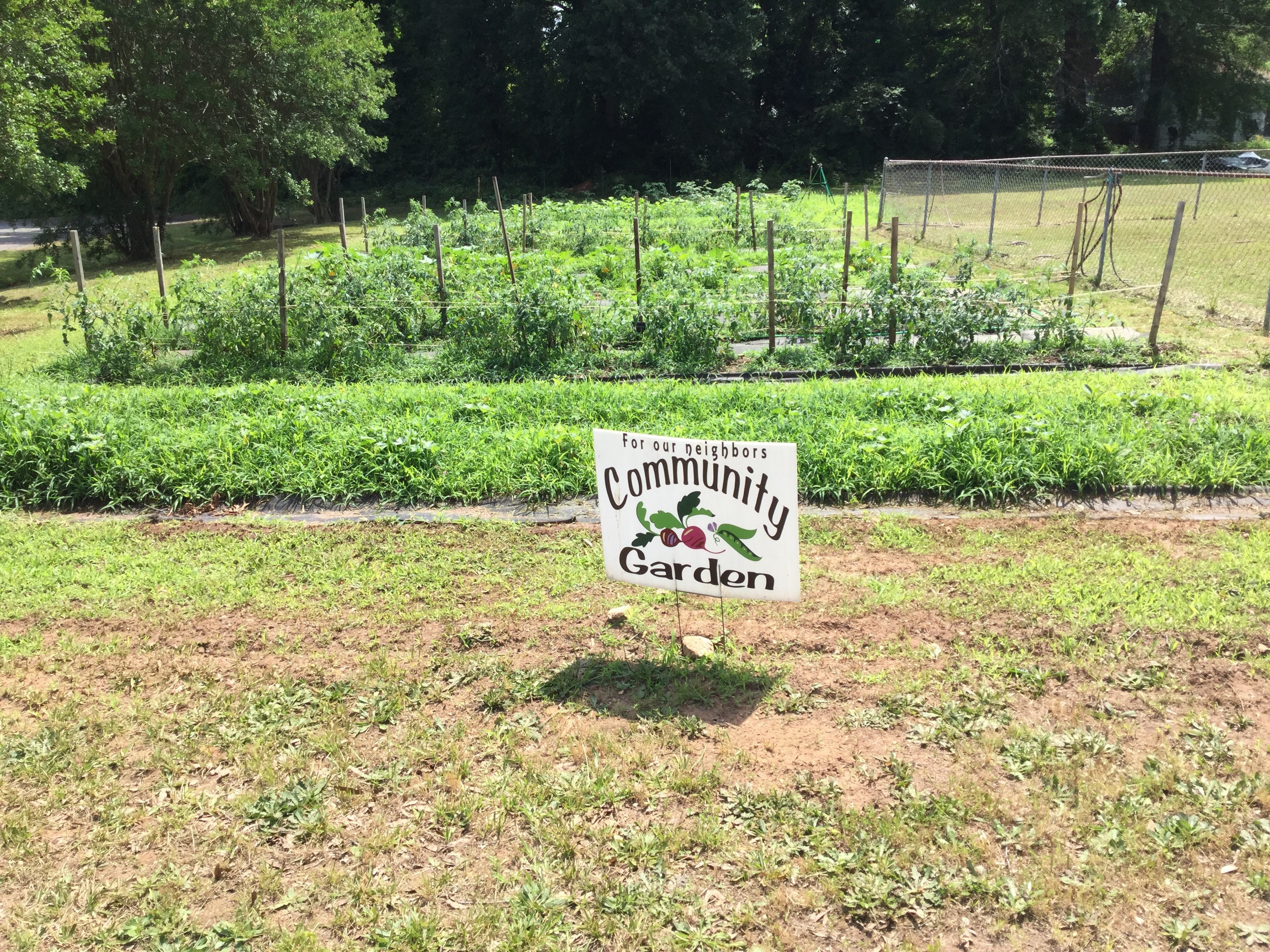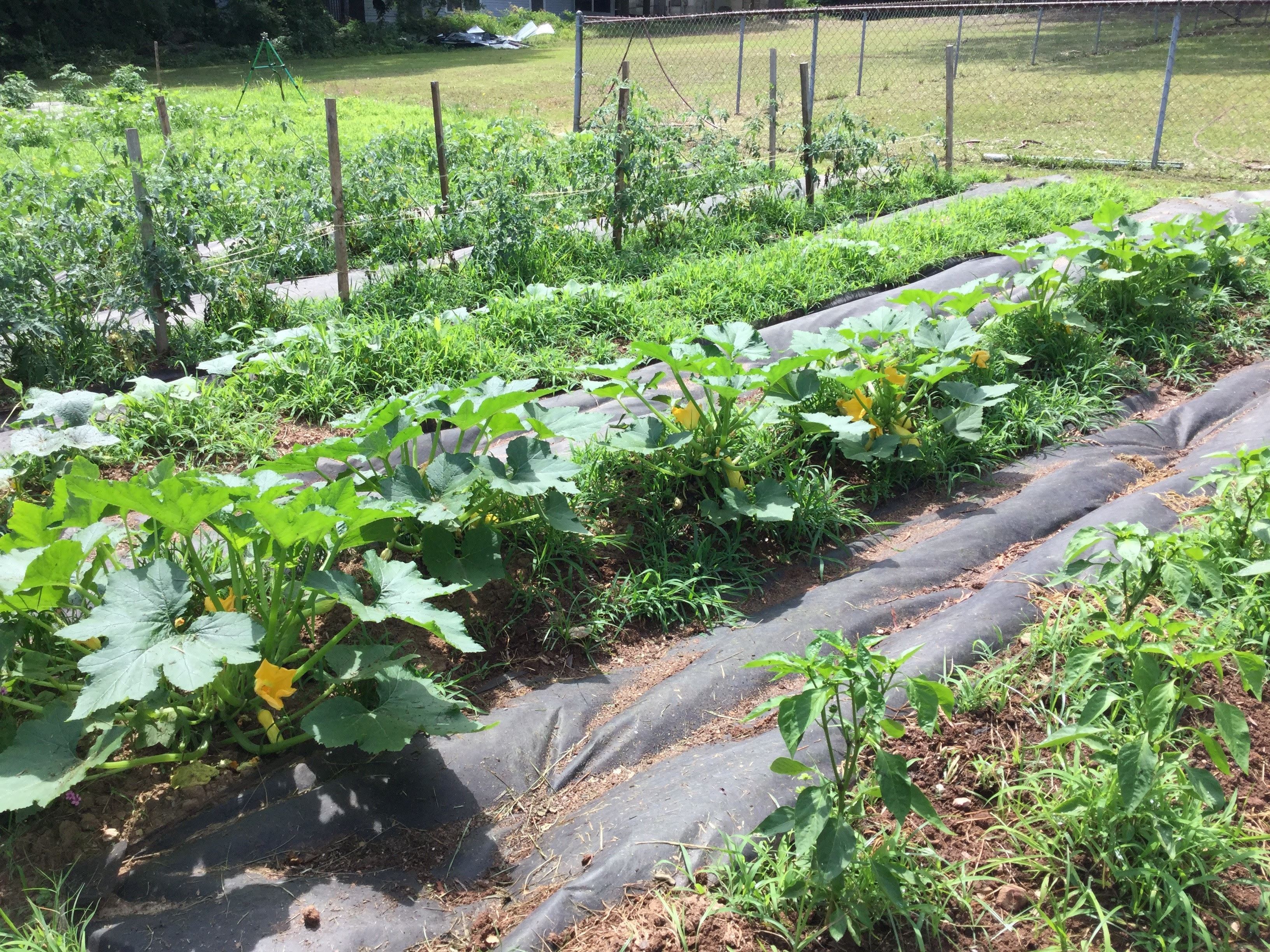Plant, Pray, Proclaim: Good News Gardens

Along with, and often because of, the issues facing our communities today, there is an immediate and widespread problem with the food supply. Sometimes it's a supply chain glitch, sometimes it's and economic calamity. The Episcopal Church has launched a program to help alleviate the food crisis. Beth Kunkel explains how we can get involved.
As many of us have been home more and witnessed disruptions to our food supply chain, some of us have decided to start a garden.There is a long history of Americans gardening during times of stress—going back to at least World War I when vacant lots and unused land in some cities were converted to vegetable gardens. We most likely have heard of Victory Gardens during World War II. And, in both instances, churches converted unused or underutilized land into vegetable gardens.
In this time of pandemic accompanied by economic, environmental, and societal crises, food banks and pantries and feeding kitchens have seen the need for food increase dramatically.Feeding America distributed 32 percent more food in April 2020 than in April 2019.Additionally, over 10,000 feeding and food distribution sites have closed; many of them depend on older volunteers to operate and it is not advisable for them to come.The number of people who are food insecure is expected to increase significantly over the coming months.

Faith-based organizations and people of faith are quickly stepping in to address some of these needs. On June 1, The Episcopal Church introduced the Good News Gardens Movement with its 3 facets: Plant; Pray; Proclaim. “Everyone can do something,” says Jerusalem Greer, staff officer for evangelism of the Episcopal Church and coordinator of the Good News Gardens Movement. “Everyone can plant more. That can mean planting for the first time. Everyone can pray, and everyone can proclaim the Good News with their garden.” (MacDonald) Not everyone can plant a garden, but even cuttings from an herb plant on the kitchen windowsill or patio can help share hope. Taking a loaf of herb bread or a pot of soup to someone who is isolating helps share hope.
To sign your home or church garden up to be a Good News Garden, simply go to www.episcopalchurch.org/good-news-gardens. You will not be left on your own. There will be a monthly newsletter, webinars and other resources based on Bishop Curry’s Way of Love. There are also wonderful graphics to let people know your garden is a Good News Garden. I signed my home garden up and planted more squash, tomatoes and okra than I usually plant. I am also being more intentional about harvesting and drying herbs than usual, so I can share them.

The photos included with this article are from Grace Episcopal Church and St. George’s Episcopal Church in Anderson.The garden at Grace has been in existence for several years now and counts several neighbors of the church as regular volunteers and recipients of its bounty.The garden at St. George’s is new this year and was funded by a diocesan Matthew 25 grant.Both look great.
G. Jeffery MacDonald. “Church Gardens Meet Surging Hunger Needs.” June 8, 2020. The Living Church
Did you know:You can join Interfaith Power and Light Cool Congregations by initiating a project in your church to reduce your carbon footprint.Find out more about becoming a Certified Cool Congregation at coolcongregations.org.
Click here to subscribe to the Environmental Stewardship Newsletter and get more information about the Committee on Environmental Stewardship and Justice.